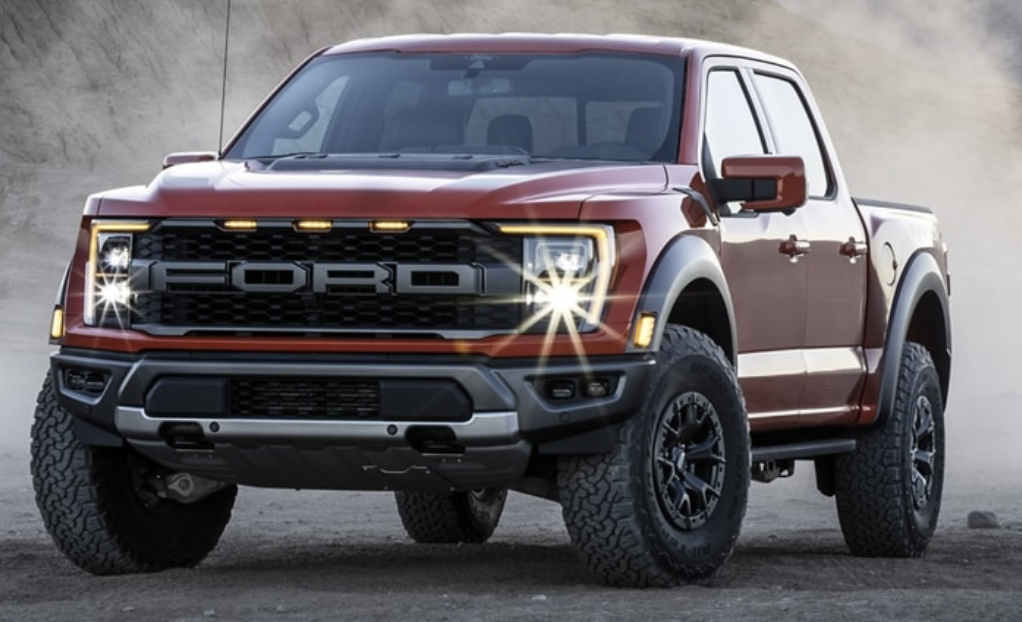Ford Forcing Dealers Into Following Its New EV-Selling Rules
Ford just made an announcement that served as a massive upset to dealerships nationwide.
This article is more than 2 years old

Ford has been investing a lot of time, energy, and capital in ensuring that its business stays relevant and profitable as the car industry continues to evolve. The Detroit auto giant made the decisive move to section off its business to put separate but focused efforts on still developing its gas-powered cars while going full steam ahead with its EV initiatives. And judging by how positively its Ford F-150 Lightning has been received, it’s clear that the company is doing something right. Now, Ford is rethinking altogether how it wants to sell its EVs. This created some waves at dealerships across the nation after its CEO outlined the new Ev-selling rules.
Ford told dealers that going forward it intends to disrupt and remold the traditional dealership model. The Wall Street Journal reported that the company wants to put more of a focus on converting dealerships to a more service-based resource by removing EV inventory from lots. The shift would necessitate that customers purchase their vehicles online. This would also serve to eliminate the ability for people to negotiate a lower price. Ultimately, these changes would serve to make the dealership a place where customers could bring their vehicles for repair and/or talk with a brand expert about any vehicle-specific questions they may have. With this model, the car salesmen (and the atmosphere that goes along with that) would cease to exist.
Suffice to say, the news really shook up a lot of dealers accustomed to an age-old way of doing things. Dealers expressed worries about how Ford’s new EV-selling rules would impact the brand-customer relationship. From this perspective, dealers see themselves as a facilitator of this relationship and a conduit to strengthening it. Dealers also pointed to certain franchise laws that could limit Ford’s ability to fully implement their new EV-selling vision.
While the dealers’ concerns are certainly valid, let’s face it change is scary so many times when people are faced with it they fight back to maintain the status quo. In contrast to the dealer’s guarded viewpoint, from Ford’s point of view, this new model could serve to enhance the relationship that the customer has with their brand. First, it would eliminate that hard sell atmosphere that goes along with buying a car. It would remove dealers’ ability to pressure people into a sale just so they could nab that fat commission check. Ford’s model would put the power into the customer’s hands. And it would repurpose dealerships into resourceful havens free of salespeople just out make money.
Ford’s desire to disrupt the status quo at dealerships is reflective of the direction the retail industry is taking as a whole. The shift to more online-based shopping has been happening for a while, and the pandemic really served to both accelerate and cement that shift. Retail giants like Walmart have recognized this and are taking steps to bolster their e-commerce presence. Other EV makers like Tesla and Rivian already have online-based direct-to-consumer models in place. And many retailers who have been too late to evolve are beginning to meet untimely fates. Ford is looking ahead, and that forward-thinking mentality will likely serve its business well as it meets the future head-on.





